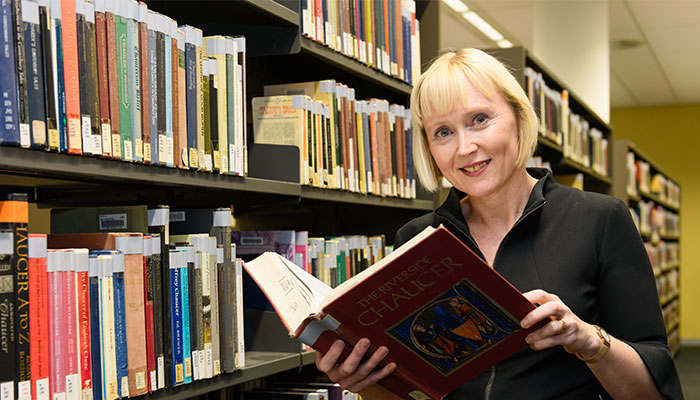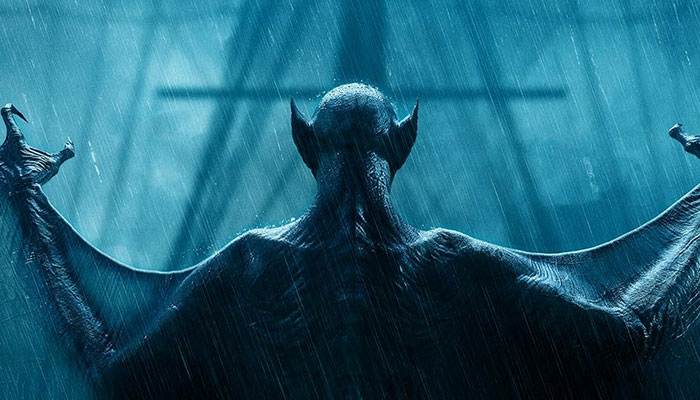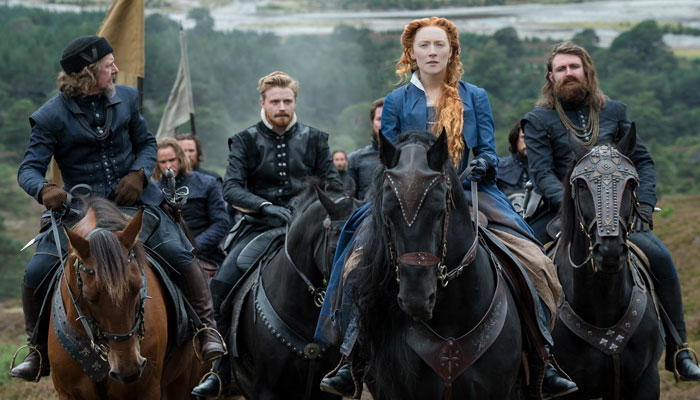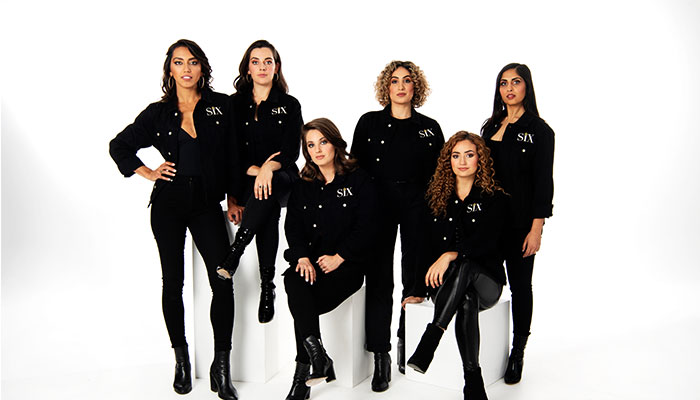Autumn de Wilde’s film adaptation of Jane Austen’s much-loved 1815 novel Emma is visually sumptuous and fun, but lacks the socially satirical bite of its source novel. Following the comeuppance and redemption of 'handsome, clever, and rich' Emma Woodhouse (Anya Taylor-Joy), who learns the fallibility of her own judgement, its focus is on the personal and not the political.
Immersing yourself in the film’s physical world is a pleasure. De Wilde, a debut director, is a photographer by trade, and along with cinematographer Christopher Blauvelt has re-created a lush and serene pastoral vision of village life in early 19th-century England.
The interior scenes, especially those in manor houses, are airy, graceful and beautifully composed. The evocative use of English folk songs adds to the pastoral beauty. This preindustrial repertoire is complemented in the closing credits by the modern folk ballad Queen Bee by Johnny Flynn, who also plays Mr Knightley, Emma’s counterpart.
The characters’ costumes are similarly gorgeous, with rich colours and detailed trimming. De Wilde chooses lavishness and statement dressing over social realism: there is little distinction between the clothing worn by members of different social classes. Emma’s friend and match-making project Harriet Smith (Mia Goth), despite being a village girl of unknown parentage, wears gowns of a fineness rivalling Emma’s.
Drawing rooms are not just havens of repartee; they are precarious places for women with uncertain futures.
The same is true of the vulnerable spinster Miss Bates (Miranda Hart), whose fallen circumstances as a member of the ‘genteel poor’ could not be guessed by her wardrobe. The film revels nostalgically on finery at the expense of showing us the poverty that the novel includes as a counterpoint to wealth.
Austen was an acute observer of a world transitioning from a feudal system, with its more rigid hierarchies but also its web of mutual obligations between rich and poor, to a more fluid economic and social world in which wealthy merchants and tradespeople rise while the genteel poor, especially the women, slide into penury and dependency. Drawing rooms are not just havens of repartee; they are precarious places for women with uncertain futures.
Social issues frothed over
It is understandable that de Wilde and her screenwriter, New Zealand author Eleanor Catton, should decide to focus on the personal side of Emma’s self-reckoning. But in one of its most crucial scenes the film leans heavily on a recognition of class obligation. After a moment of opportunistic cruelty in which Emma ridicules the garrulous Miss Bates, Mr Knightley (Johnny Flynn) angrily reminds Emma that Miss Bates “is poor; she has sunk from the comforts she was born to”.

Modern twist: A portrait of Jane Austen, whose novel Emma has been reimagined for the big screen, starring Anya Taylor-Joy as Emma Woodhouse.
In this vital moment of reckoning, Emma is awakened not just to the evidence of her personal rudeness, but also her failure of noblesse oblige; she has humiliated a social inferior. Similarly her aspirational match-making for Harriet is not simply frivolous; rather it is heedless meddling that could threaten Harriet’s future security. The film gives us this insight in an angry early speech by Mr Knightley, but it is not pursued. Sacrificing just a little froth would have deepened the film’s portrait of social rank.
Emma is famous for its accelerating tangle of romantic misunderstandings, mismatches and miscalculations, all resulting from a society in which love is guessed at through hints and half-declarations. The film captures the pace and humour of this well but, again, shies away from showing the real pain this causes Jane Fairfax (Amber Anderson), another of the novel’s socially vulnerable women.
The novel’s tone of cool irony is less successfully conveyed. Austen’s narration is a high-wire act of focalised third-person narration: the narrator allows the reader to see the world not quite through the eyes of our heroine but over her shoulder, so that we register Emma’s judgement, but with enough distance to recognise her biases and vanities.
This is economical ironic storytelling on its own cinematic terms, despite the absence of Austen's rich narration.
Emma’s first encounter with the odious upstart Mrs Elton is a good case in point. When the narrator focalises Emma’s conviction that:
Mrs. Elton was a vain woman, extremely well satisfied with herself, and thinking much of her own importance; that she meant to shine and be very superior, but with manners which had been formed in a bad school, pert and familiar; that all her notions were drawn from one set of people, and one style of living,
the reader is able to dislike Mrs Elton yet also recognise several of these very traits in Emma herself.
Without this subtly layered voice guiding the viewer’s reactions, the film must use other techniques. In de Wilde’s film, facial close-ups, costume and gesture tell us who is cruel or ridiculous; secret glances offer amusing hints at private responses beneath the social veneer. Anya Taylor-Joy’s expressive face shows the occasional waves of doubt rippling under Emma’s self-assured surface. This is economical ironic storytelling on its own cinematic terms, despite the absence of Austen’s rich narration.

Light-hearted: Professor Louise D'Arcens says statement hats rather than social comment win the day in this latest fun iteration of Jane Austen's beloved comedy.
It is inevitable that the film format requires cutting of the novel. The cutting of Austen’s dialogue, while unavoidable, meant some characters were less developed. Mrs Elton, a masterpiece of vulgarity and conceit, is given enough conversational rope by Austen to repeatedly hang herself, with her pretentious Italian phrases and crass boasting. The film only gives Mrs Elton (Tanya Reynolds) one speech of any length, out of which her whole character must be inferred. Still, the main characters, especially our protagonists Emma and Mr Knightley, are fully fleshed out and brought to life through nuanced performances.
If you’re in the mood for a light-hearted and gorgeous adaptation of Austen’s beloved story, with statement hats rather than social commentary, this is a perfect way to pass a couple of fun hours.
Louise D'Arcens is a Professor in the Department of English



